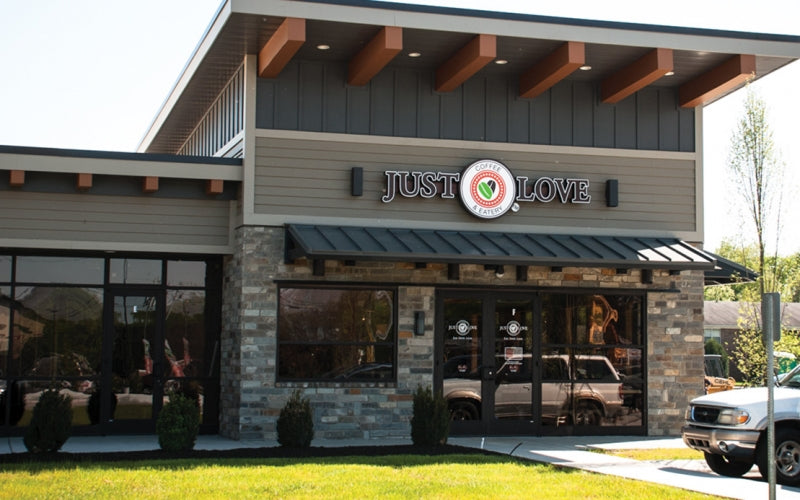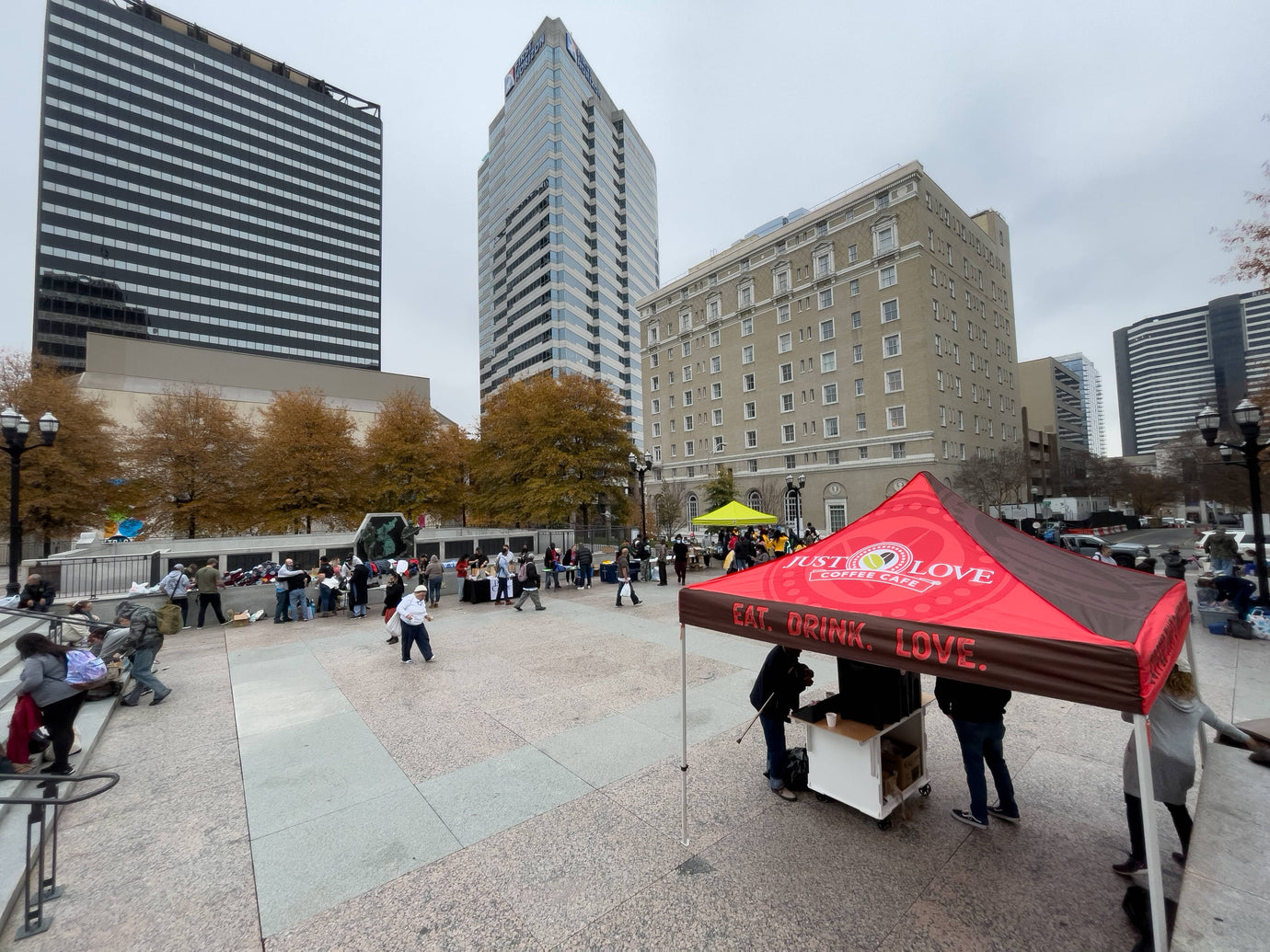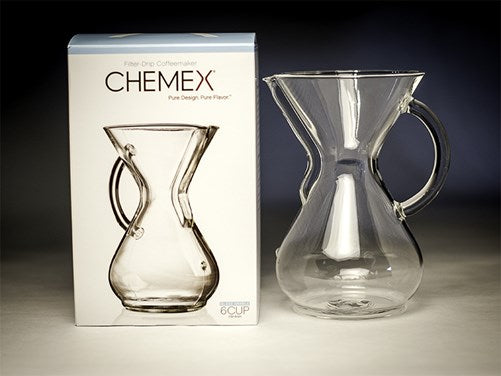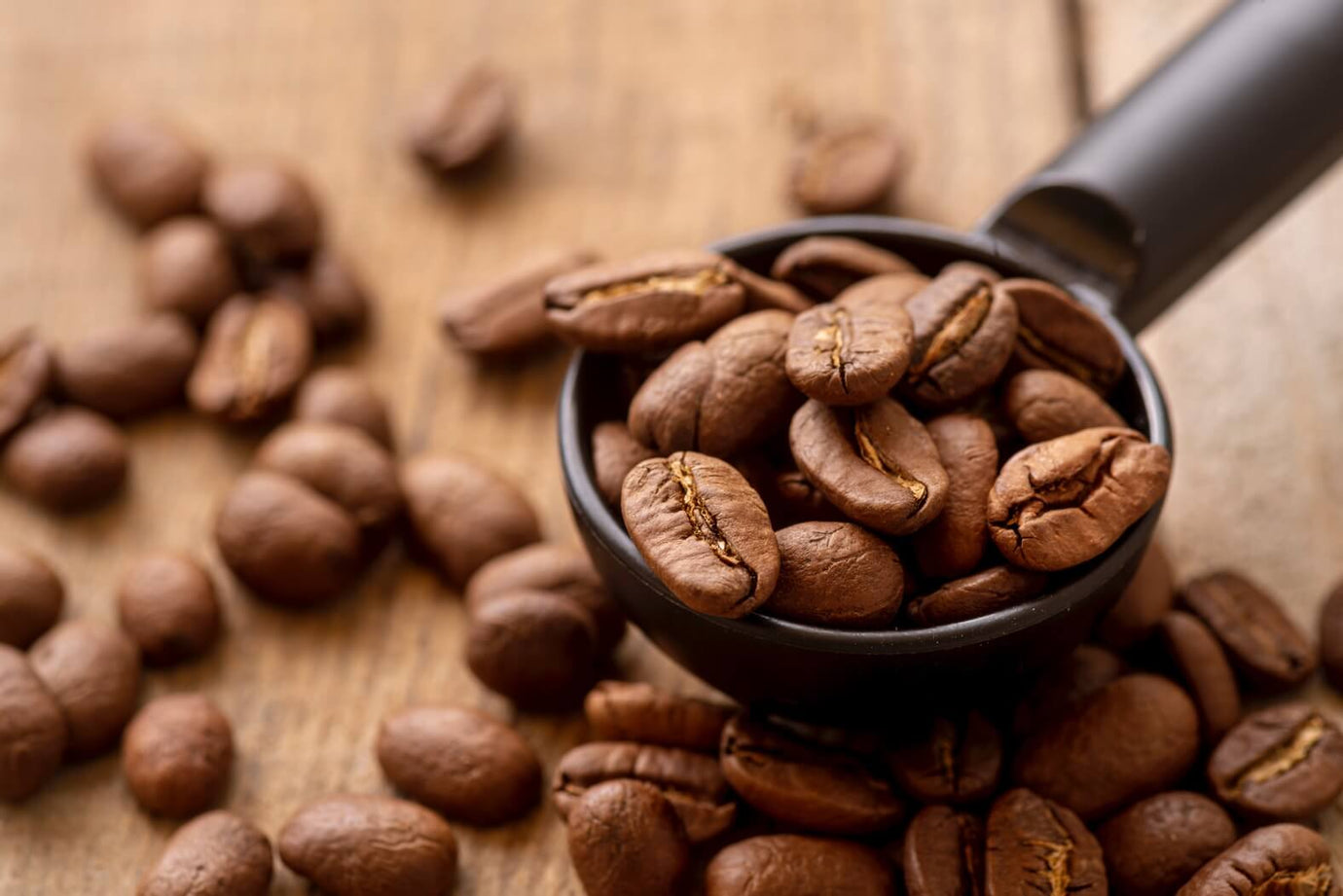Coffee Certifications: Certifiably Good Coffee

What’s the deal with coffee certifications? Great question. Let’s dive into identifying the more common coffee certifications along with their missions.
If you’ve purchased specialty coffee before, you’ve like come across a variety of coffee certifications presented with their respective logos on the coffee packaging. Some of these may be self-explanatory, while others less so. Each has a mission promoting some level of social or environmental responsibility.
There is an important distinction between these certified coffees and their conventional counterpart. C-grade, or “conventional,” coffees are grown with little to no regulation. The lands are clear cut, chemical pesticides are the norm, and the buyer generally dictates the price with little concern for the grower’s livelihood. These coffees are often of lower quality, and their price reflects this on the market. Thankfully, beginning in the 1940s, several movements have arisen out of a desire to help developing countries improve sustainable, economic market strategies for their goods. The earliest of these was the Fair Trade Movement.
Fair Tade
The Fair Trade movement began in the mid-1940s as a way to develop “trade not aid.” The first fair trade initiatives were started by religious organizations like 10,000 Villages, an NGO associated with the Mennonite Central Committee. While coffee is the most well-known fair trade product, fair trade goods extend from fruits and vegetables to teas, grains, and even soccer balls produced to help stop sweatshop labor. Currently, several governing bodies monitor the fair trade process from producer to importer/exporters and retailers.
Just Love Coffee Roasters is proud to be certified as a fair trade roaster by Fair Trade USA. We are required to report our fair-trade coffee purchases twice each year and maintain a certain percentage of Fair Trade Certified coffees in our total coffee product mix. The minimum percentage required for the certification is as little as five to ten percent of total purchases. However, Just Love Coffee Roasters strives to secure 90 percent of our green coffee is certified as fair trade. For our brand, this means the growers are guaranteed a set price per pound and, in turn, agree to grow their coffees according to the higher standards set by the governing bodies. While many of the Fair Trade requirements are included in the other certifications the coffee can garner, the other certifications focus more on certain environmental aspects. One such certification is organic certification.
Organic
Organic certification ensures the coffee is not produced using synthetic chemical pesticides and human waste sludge as a fertilizer. There is also a strict separation of organic and non-organic products to avoid contamination of the organic products. The USDA is the more widely knows governing body overseeing this certification.
Rain Forest Alliance
The RFA focuses on ensuring the local ecosystem is not harmed but can flourish on the land where coffee is grown. They restrict clear-cutting and the use of chemicals that cause harm to the indigenous flora and fauna. The better flora and fauna, the higher quality coffee you can grow because the better coffee varietals prefer shade. There have been stories of coffee farmers in locations like Jamaica who allowed their plants to grow around the local pine trees. The result was you could taste the pine in the coffee. Letting the coffee farmer grow their coffee within the forest rather than cutting everything else down is shown to enhance the crop’s taste. If you are environmentally conscious and a bean head, you can “Shop the Frog” as the RFA puts it, by looking for their tree frog logo on your products.
Shade Grown
While there isn’t an official “shade-grown” certification, there are certifications such as the Smithsonian’s National Zoo & Conservation Biology Institute’s Bird Friendly® certification. By protecting habitats using conservation science, ecosystems allow the local flora to thrive, especially in coffee-growing regions. Like the RFA that focuses on keeping the environment intact, this is beneficial when growing high-quality coffee because it lets the coffee plants grow in a nutrient-rich environment. The ecosystem develops and feeds the land with needed nutrients through the yearly cycle of decay as trees shed their leaves.
We’ve covered just a few of the certifications commonly associated with specialty coffee. We encourage you to visit Fair Trade USA, Rainforest Alliance, Smithsonian’s National Zoo & Conservation Biology Institute, and the USDA to learn more about their certification programs.




